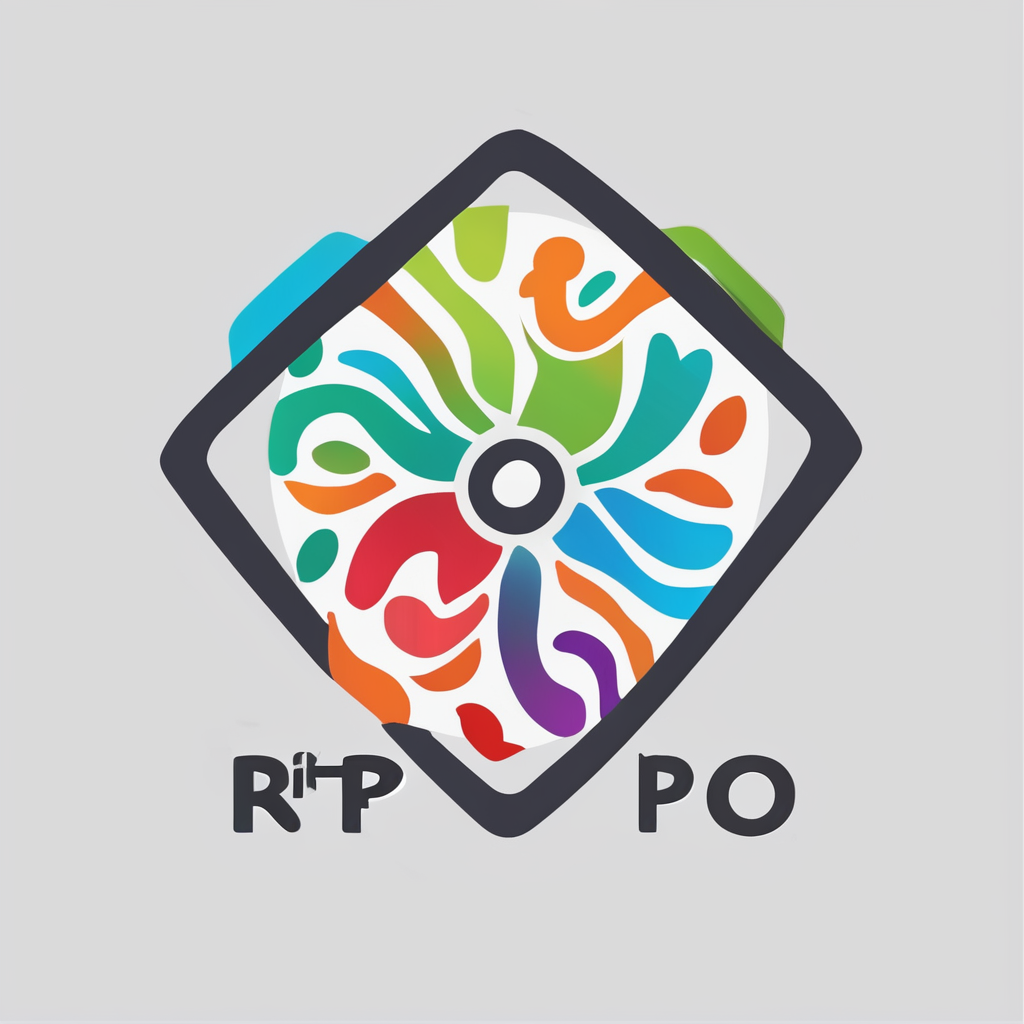Overview of Traumatic Brain Injury and Recovery
Traumatic brain injury (TBI) represents a significant disruption in normal brain functions, often caused by a bump, blow, or jolt to the head. It can range from mild concussions to severe brain damage. Each type demands unique attention in the recovery process. Statistics indicate a high incidence worldwide, with recovery rates varying based on injury severity and access to structured rehabilitation programs.
Structured rehabilitation is deemed crucial in the recovery process. It enhances adaptive capabilities, supporting survivors in regaining independence and improving quality of life. Among various rehabilitation methods, occupational therapy plays a vital role. This discipline focuses on assisting patients to perform daily activities efficiently, promoting healing through targeted exercises, and cognitive rehabilitation.
In the same genre : Understanding agoraphobia: symptoms, causes, and solutions
Ensuring access to comprehensive therapy programs, like occupational therapy, maximizes the potential for recovery. Understanding TBI and its complexities underlines the importance of a personalized therapy approach to meet the distinct needs of each patient. Recognizing early symptoms and commencing rehabilitation promptly are essential steps for an effective recovery journey.
The Role of Occupational Therapy in TBI Recovery
Occupational therapy is crucial in the recovery journey of traumatic brain injury (TBI) survivors. This form of rehabilitation therapy emphasises restoring the ability to perform daily tasks, offering a personalised approach to address each individual’s unique challenges. Unlike traditional physical therapy, which primarily focuses on physical strength and movement, occupational therapy aims to integrate cognitive and emotional supports, helping individuals regain autonomy in their daily lives.
Also to read : Transforming chronic kidney disease care: how nutritional approaches shape patient health outcomes
Occupational therapy encompasses a holistic approach, recognising that TBI impacts not only physical functions but also cognitive and emotional realms. Practitioners work to improve cognitive functions through engaging activities that stimulate brain plasticity, enhancing problem-solving and memory skills. Emotional aspects are also addressed, providing strategies to manage stress and anxiety resulting from the injury.
The healing process is multi-faceted, requiring a blend of therapy that supports the body and mind. Occupational therapists collaborate closely with other healthcare providers, such as speech and physical therapists, to ensure a coordinated, comprehensive care plan. In this way, occupational therapy plays a vital, integrative role in the broader rehabilitation journey, crucially contributing to successful recovery outcomes.
Therapeutic Techniques Used in Occupational Therapy
In the realm of TBI rehabilitation, a variety of therapeutic techniques are employed to foster functional recovery. These techniques are pivotal in aiding individuals to regain their ability to perform activities of daily living (ADLs), a cornerstone in the recovery journey. ADLs range from simple tasks such as dressing and eating, to more complex activities like managing personal finances. By targeting these daily routines, occupational therapists help individuals restore independence and life quality.
Cognitive rehabilitation is another key aspect, utilising exercises designed to stimulate neuroplasticity—the brain’s ability to reorganise itself. This approach enhances cognitive functions such as memory, attention, and problem-solving skills. With consistent therapy, these cognitive improvements contribute significantly towards the individual’s overall road to recovery.
Physical rehabilitation strategies, meanwhile, focus on improving mobility and strength. These strategies range from targeted exercises to assistive device training, aiming to boost independence in physical movements. By blending cognitive and physical therapeutic techniques, occupational therapy addresses the multifaceted nature of TBI, paving the way for a more holistic and effective recovery pathway.
Case Studies of Successful TBI Recovery through Occupational Therapy
When examining case studies of successful traumatic brain injury (TBI) recoveries, the power of personal narratives becomes apparent. Real-life accounts highlight how individualized therapy plans can lead to remarkable transformations. Each survivor’s journey is unique, offering inspiring success stories that demonstrate the profound impact of occupational therapy.
Consider a case where a survivor of severe TBI, initially struggling with basic activities, regained significant independence. Through a personalized approach, tailored therapeutic techniques were employed—emphasizing cognitive rehabilitation initially, then gradually incorporating activities of daily living (ADLs). This progressive strategy not only facilitated physical recovery but also nurtured emotional and psychological growth.
Success stories like this illustrate the comprehensive benefits of occupational therapy. They map a journey from dependency to independence and showcase emotional resilience’s role in healing. For many, the structured program serves as a beacon of hope, reaffirming the value of tailored therapeutic interventions.
Understanding these personal trajectories underscores the holistic approach of occupational therapy. It reflects not just the restoration of physical abilities, but also the rekindling of spirit and autonomy, integral to the recovery journey.
Case Studies of Successful TBI Recovery through Occupational Therapy
Case studies provide invaluable insights into the transformative potential of occupational therapy for traumatic brain injury (TBI) survivors. They illustrate the customised nature of therapy plans and their outcomes, allowing for a deeper understanding of the recovery journey. Success stories paint a vivid picture of how TBI survivors regain independence and enhance their quality of life.
One compelling example involves a young professional who suffered a severe concussion. Through personalised therapy, focusing on cognitive and daily living skills, he gradually resumed work and other life activities. His story is a testament to the power of meticulously tailored therapy approaches.
Moreover, such personal narratives often highlight not only physical but also emotional progress. Occupational therapy facilitates substantial psychological growth by equipping individuals with strategies to manage anxiety and build resilience. Emotional support becomes central to these narratives, often depicted through the lens of improved relationships and communication skills.
Thus, by exploring these real-life examples, readers can grasp the profound impact of occupational therapy on all facets of life, reinforcing the importance of tailored and holistic recovery strategies for TBI patients. This highlights a pathway of hope and achievement many TBI survivors embark on with dedicated therapeutic support.
Evidence-Based Research on Occupational Therapy Outcomes
Ample evidence-based research supports the effectiveness of occupational therapy in traumatic brain injury (TBI) recovery. Studies consistently demonstrate significant improvements in patients’ cognitive, emotional, and physical abilities, showcasing the profound impact of structured therapy programs. Recovery outcomes are markedly enhanced through personalised therapy plans, catering to individual needs and challenges, which have been documented in numerous scientific studies.
Empirical data underline that TBI patients involved in occupational therapy exhibit better functional recovery and higher quality of life compared to those who do not. Research findings reveal a positive correlation between tailored therapeutic interventions and increased neuroplasticity, enabling improved cognitive functions such as attention and memory.
Expert interviews in the field further substantiate these findings, with practitioners attesting to the pivotal role of occupational therapy in fostering emotional resilience and independence in daily tasks. They highlight the multidisciplinary approach, integrating physical, cognitive, and emotional dimensions, as essential for a holistic recovery journey.
Statistics from this line of research illustrate the clear benefits of occupational therapy – making it not just a supportive, but a necessary component in the TBI recovery process for optimal rehabilitation outcomes.
Practical Resources and Support for TBI Survivors
Navigating the recovery process for traumatic brain injury (TBI) can be challenging, but a wealth of support resources is available to aid survivors and their families. Various organisations provide essential assistance, facilitating access to vital community services. These services cater to the multifaceted needs arising during the recovery journey.
Among the prominent resources are national and local TBI associations, which offer educational materials, counselling, and advocacy. Support groups also play a critical role, fostering connections among survivors and ensuring shared experiences contribute to mutual healing. These groups often become pillars of strength, providing emotional support and practical advice.
Community outreach programs extend assistance by coordinating between medical providers, occupational therapists, and support services. These programs ensure comprehensive care, addressing both immediate and long-term needs. Moreover, they facilitate caregiver education, empowering families with strategies to assist loved ones effectively.
Recommendations for families and caregivers focus on cultivating patience and understanding. Engaging with these resources supports continuous learning and adjustment to TBI’s complexities, promoting a sustained and fulfilling recovery journey for all involved. Access to tailored recovery programs through such TBI recovery programs is vital in enhancing quality of life.




